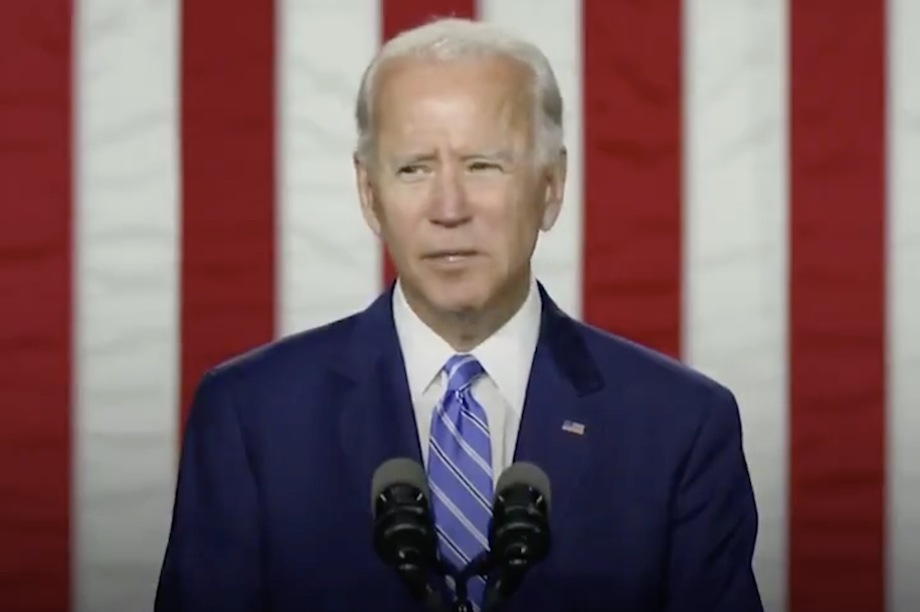President Joe Biden’s bipartisan infrastructure agreement with centrist senators does not include enough for clean power, says the American Clean Power Association (ACP).
Late last week, Biden and a group of centrist senators from both major parties had agreed to an infrastructure deal that included $73 billion to upgrade the electric power grid, increasing its ability to carry much larger amounts of renewable energy.
Overall, it features $579 billion in new infrastructure spending.
In his own infrastructure package, Biden had called for $100 billion for the grid.
“The bipartisan infrastructure framework announced last week was welcome news and includes key funding for enhancing the nation’s power, grid but more needs to be done to support the development of clean energy projects,” said Heather Zichal, chief executive of the ACP.
“We hope that enhanced federal tax incentives can be enacted later this year,” she added.
Zichal did not comment directly on a controversial reconciliation bill, which may be crafted by Democrats later this year, but she was not ruling out ACP’s support.
Such a bill, which broadly has the support of Congressional Democratic leaders, would be expected to include improved tax credits for wind and solar as well as a clean energy and efficiency standard, elements that were in Biden’s $1.7 trillion infrastructure package announced in May.
Clean energy standards typically require utilities to buy more clean power.
Democratic leaders would hope to pass a reconciliation bill without support from Republican lawmakers, most of whom are wary of aggressive climate spending though not of wind and solar tax credits.
At a press conference this weekend Biden, a Democrat, reiterated his support for clean energy, describing it as a “priority”.
The chances of passage of a reconciliation bill – essentially reinstating Biden’s $1.7 trillion infrastructure plan — are unclear. It would need support of all Democrats in the Senate, where they have a razor-thin margin.
Paul Bledsoe, a former Senate finance committee staff member, who also worked for the White House Climate Change Task Force during the Bill Clinton presidency, recalled that Clinton won passage of his economic programme in 1993 by 51 to 50 votes. “I think the same thing will happen this time,” he said.


.png)


HR.jpeg)
.png)








